You are here
High Impact Instructional Strategies
District Sample Curriculum Project (DSCP): Phase IV High Impact Instructional Strategies
Purpose
Phase IV sample high impact instructional strategies and lesson planning resources were developed with the same intentionality and purpose to stay true to the key elements found within the sample unit development of Phase III:
- Respond to requests from schools and districts
- Focus the work around ideas
- Support teaching to greater intellectual depth of the learner
- Emphasize TRANSFER and APPLICATION of
- Concepts
- Content
- Skills
In Phase IV of the District Sample Curriculum Project, lesson planning samples will be more varied in look and content because they reflect varied elements within each discipline to illustrate that there is not ONE approach to for effective lesson design. Considering that there is a whole host of variables that require a level of customization, our samples reflect that there are multiple ways to:
- plan instructional lessons,
- meet the needs of students,
- honor individual styles and training of teachers,
- consider requirements of local school systems, and
- understand the nuances of the disciplines.
Acknowledging that the use of instructional strategies and lesson planning processes are very personalized, this phase of the project provides overarching key elements as guidance but the samples provided are as unique as the educators who shared them.
Goals
The goals of Phase IV center on capturing high impact instructional strategies specific to each discipline, illustrating the metacognitive considerations educators access when planning for lessons, and highlighting the reflective practice that is inherently followed by educators once a lesson is delivered.
- Research-Based Instructional Strategies- Teachers today are privy to an innumerable array of instructional ideas, tips, and processes. The high impact instructional strategies highlighted in this project are intended to provide focus on strategies that have a strong research base. The strategies provided are not meant to be exhaustive but are intended to provide a well-rounded, foundational repertoire of instructional strategies that are unique to the content area. Each content area page contains two resources:
- A summary of research that informed the selection of the high impact instructional strategies in a one-page reference sheet,
- A reference sheet of high impact instructional strategies cross connected to essential skills.
- Metacognitive Considerations- Finding example lessons for any grade or content area is often an easy task with a simple online search. These online lessons, however, rarely share the decision-making process "behind the scenes" that is a critical component to successful lesson plan delivery. The lesson plan guide used for Phase IV follows a simple lesson plan structure that includes guiding questions to "make visible" the decision-making process at each step in the design and delivery of the lesson.
- Reflective Practice- After lesson delivery, it is important to engage in reflection to determine if the lesson had the intended effect. Educator reflection and student reflection is often overlooked and under-utilized usually because of time constraints. Emphasizing reflective practice as a critical practice helps ensure that the instructional outcome is not simply "teaching" a lesson but "teaching AND learning" has occurred to meet the desired outcome for students. The banks of student and teacher reflection question are provided to support this process.
Launching DSCP Phase IV | ASAS Institute
The Phase IV "All Students, All Standards Summer Institute" addressed the purpose and goals as stated above. These are the additional details on the institute professional development process and design elements for each sample lesson highlighted on each of the content area pages.
The video below is a compilation of educator interviews in all 10 core content areas sharing their perspectives on high impact learning during the ASAS Institute:


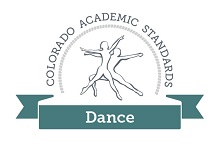
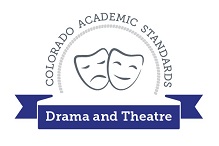
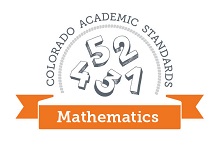
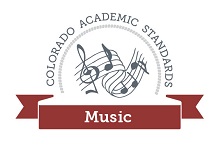
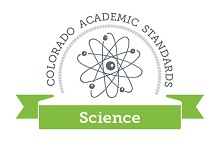

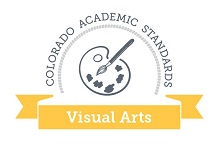
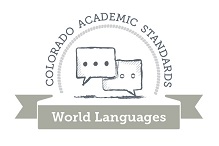
Connect With Us





